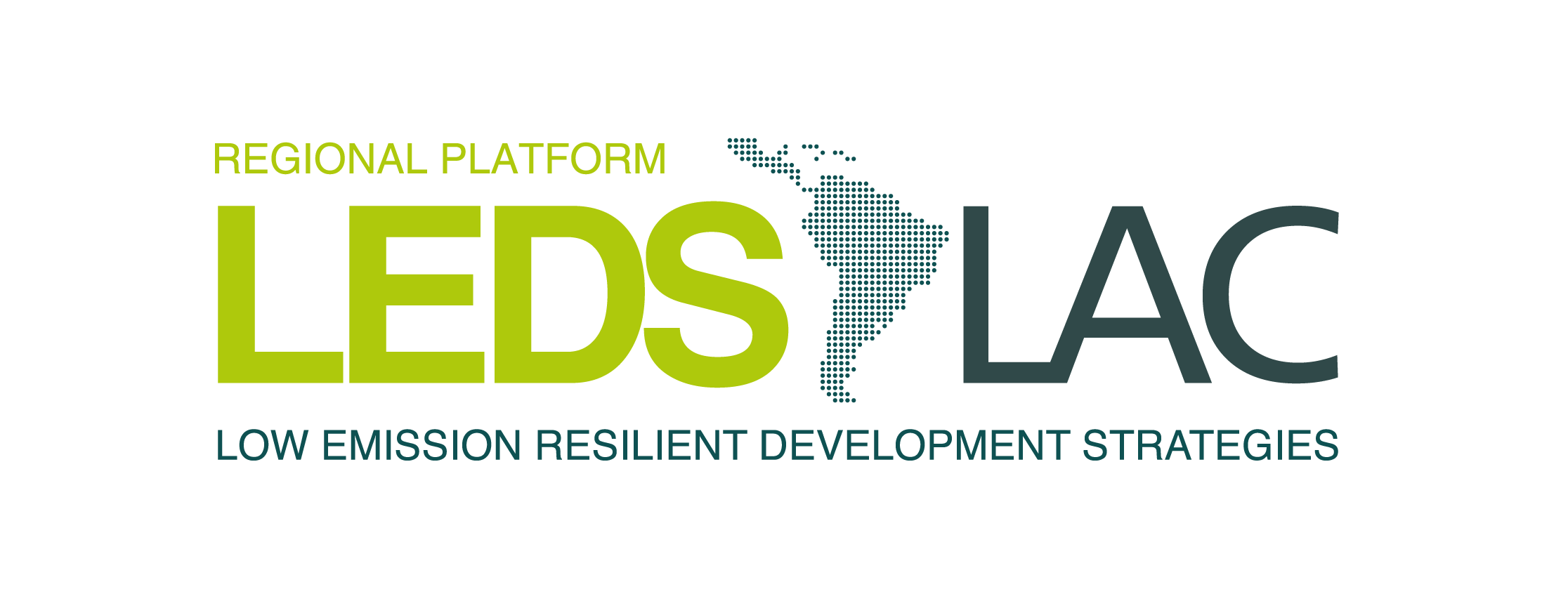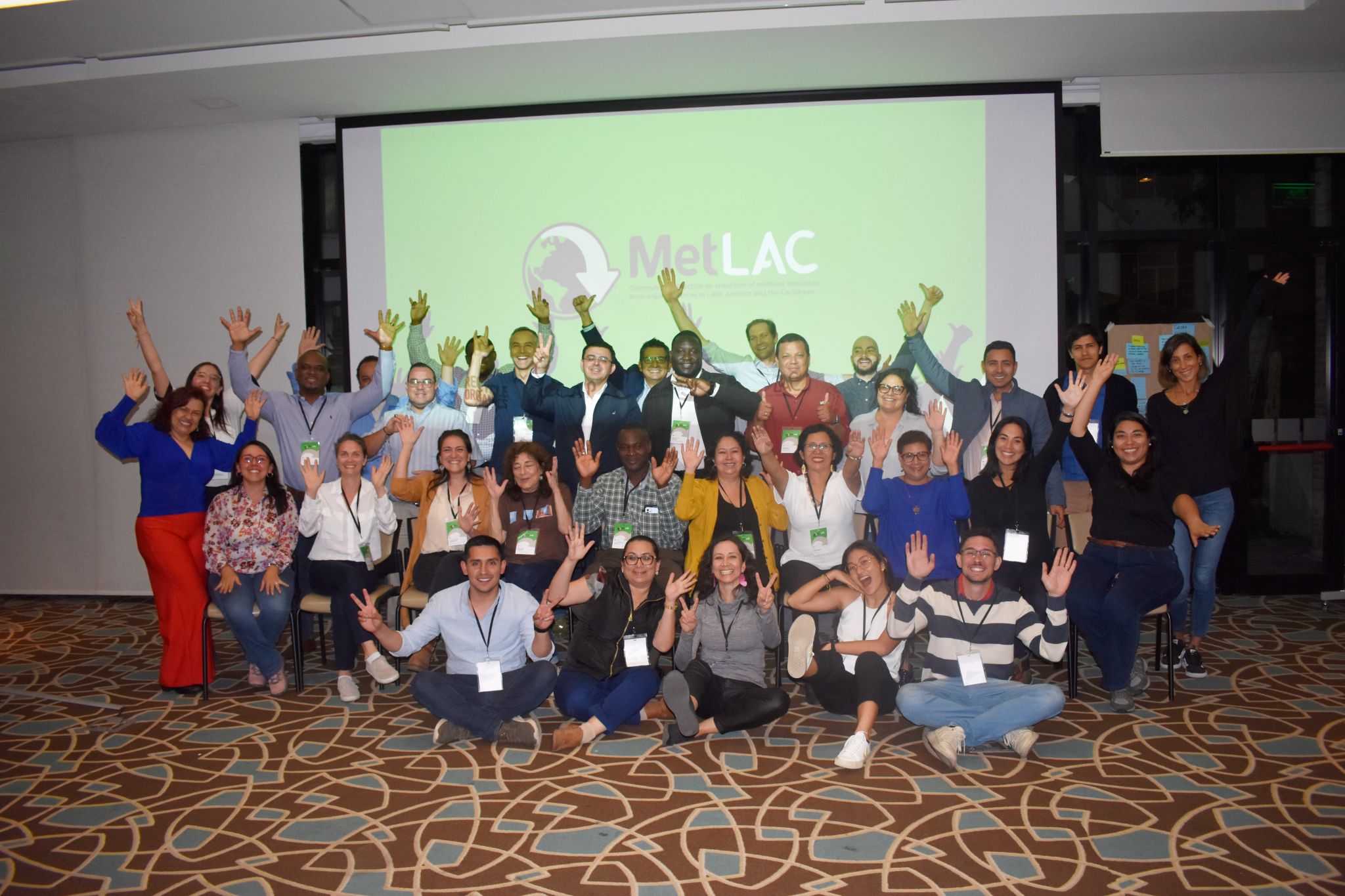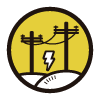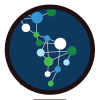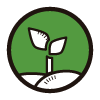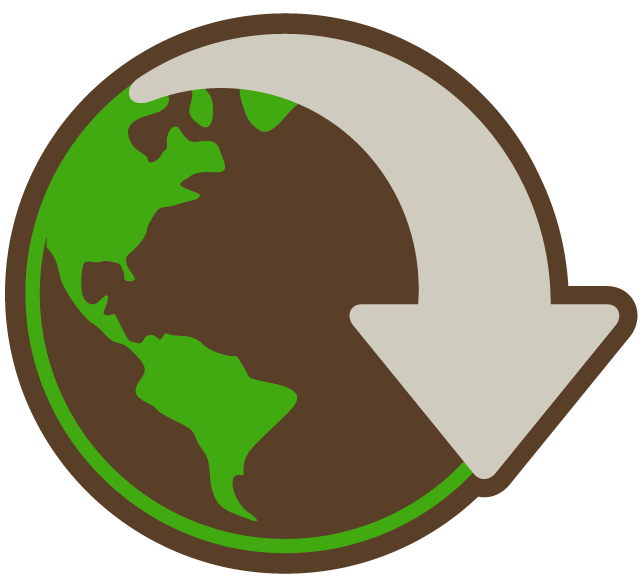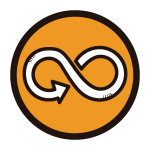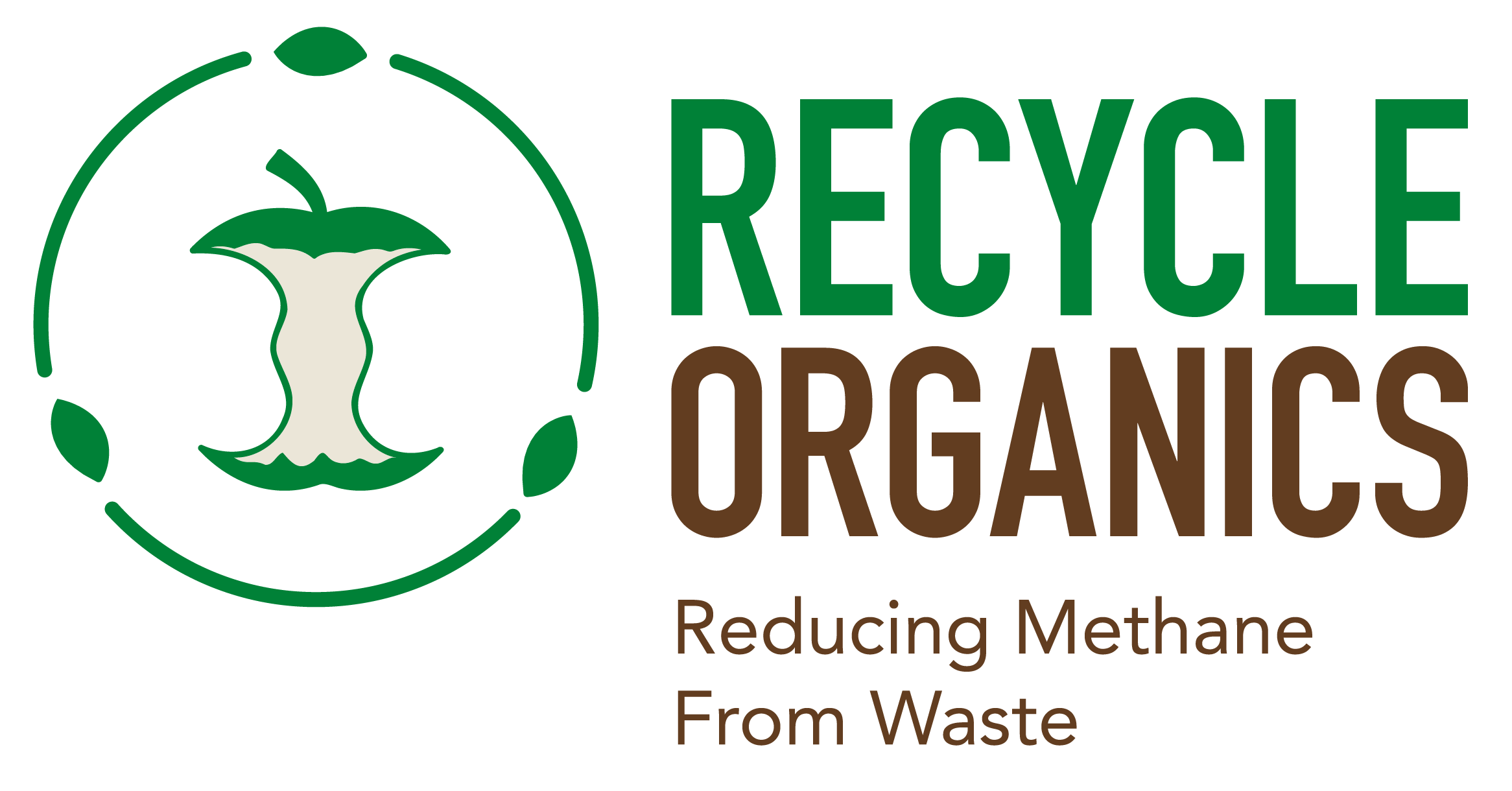
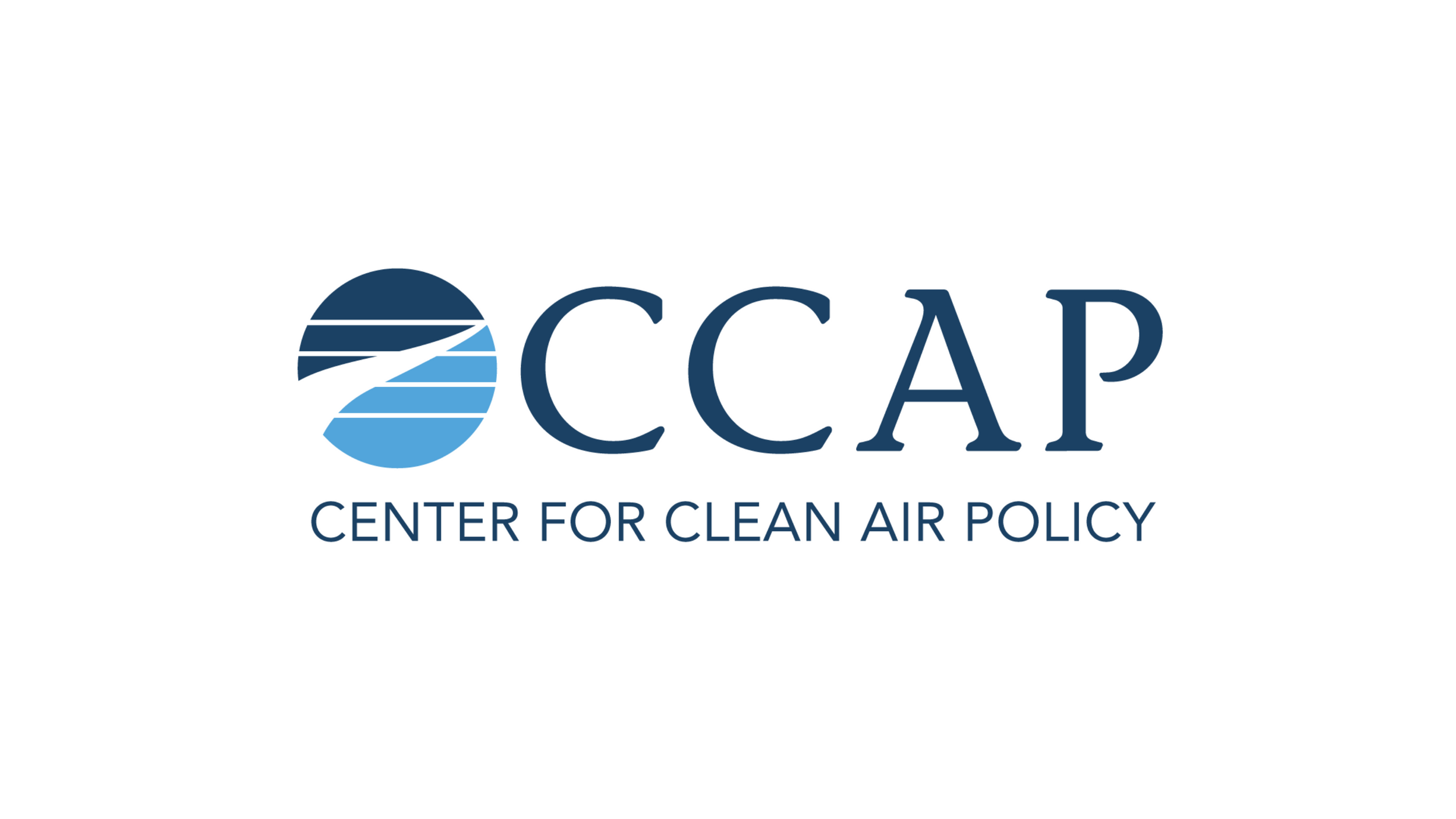
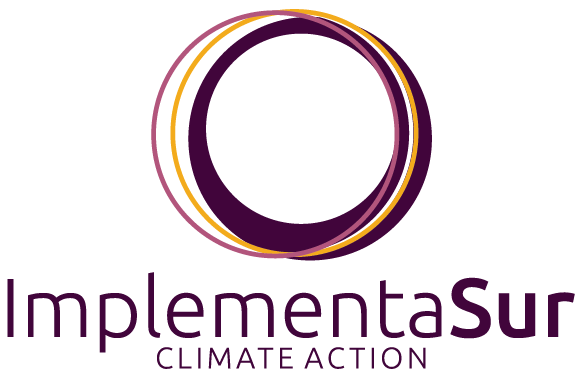
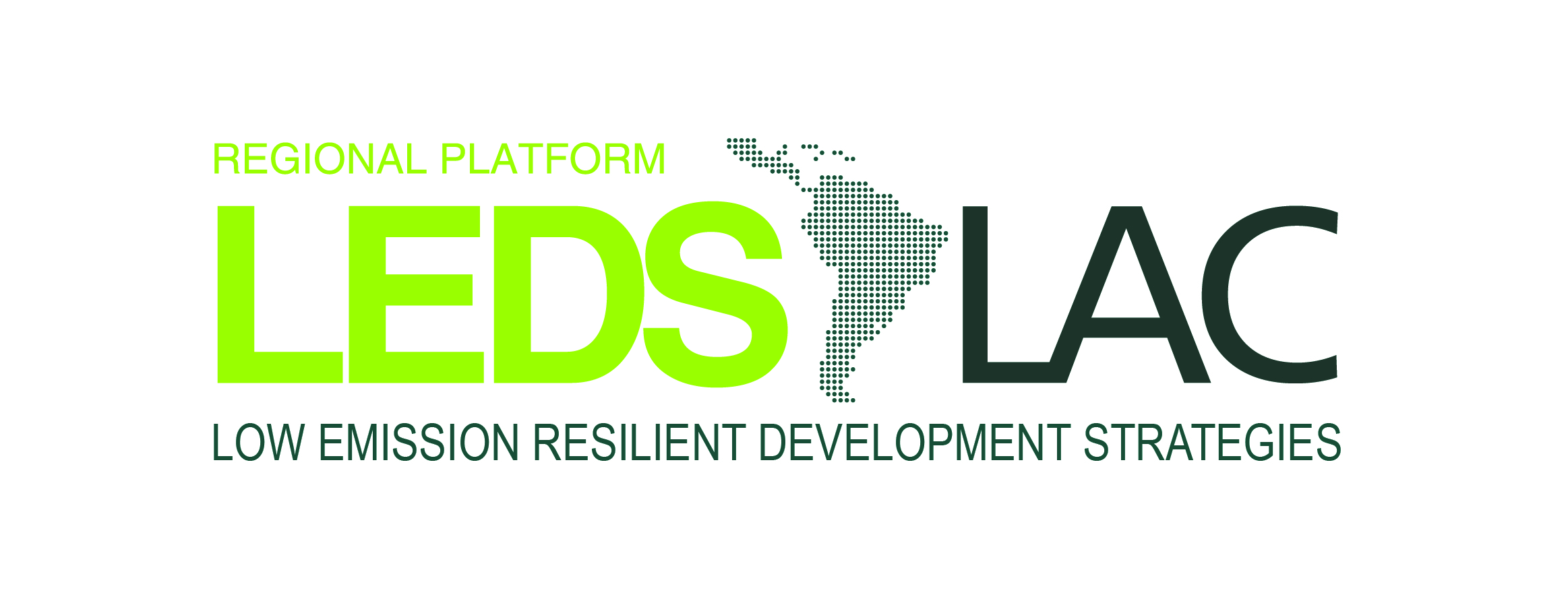
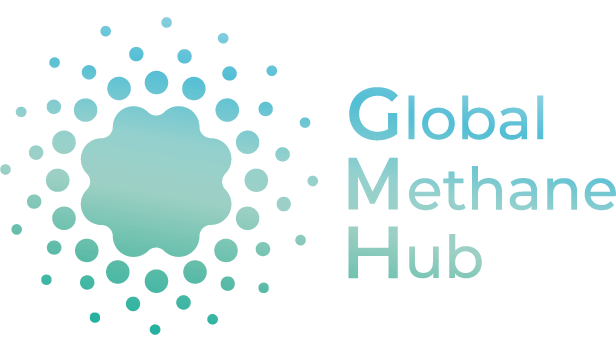
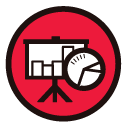

Community of Practice on reduction of methane emissions from organic sources in Latin America and the Caribbean (MetLAC)
The Community of Practice on Methane Emissions Reduction from Organic Sources in Latin America and the Caribbean (MetLAC CoP) is a collaborative effort of the Center for Clean Air Policy (CCAP), ImplementaSur and the LEDS LAC Regional Platform, with financial support from the Global Methane Hub (GMH). It was launched in October 2023, with the purpose of promoting and supporting the development of public policies, business models and investment projects to reduce methane emissions from organic sources in Latin America and the Caribbean. MetLAC operates in two languages, English and Spanish.
Why Methane from organic sources?
Methane is a potent greenhouse gas that has a global warming potential 86 times greater than carbon dioxide over a 20-year period. According to the Global Methane Assessment (2021), reducing methane emissions caused by human activities is one of the most cost-effective strategies for reducing the rate of warming at an accelerated rate and contributing substantially to global efforts to meet the below 1.5°C warming target.
In addition, methane is among the most dangerous short-lived climate pollutants (SLCPs) and is responsible for 40 percent of global warming since the Industrial Revolution-18% of man-made methane emissions come from organic waste.
Per capita waste generation will continue to increase worldwide with population growth and rapid urbanization. As the organic fraction of waste - such as food scraps, pruning waste, paper or wood - decomposes in landfills or dumps, it generates large amounts of emissions that affect air quality and contribute significantly to global warming.
According to the United Nations Environment Program (UNEP), organic waste represents, on average, 50% of the waste stream in Latin American countries. The lack of specific treatment options and recovery measures generates serious problems at disposal sites, including significant methane emissions, leachates contaminating subsoils and the spread of vector-borne diseases.
In the Latin America and Caribbean (LAC) region, there are local and regional initiatives focused on recycling, anaerobic digestion, composting and other relevant technologies to reduce methane emissions. However, these efforts are often scattered and not linked to national climate and development goals.
MetLAC knowledge product
Map of organic waste recovery projects in Latin America and the Caribbean
CoP Activities
2025
Sharing sessions among CoP membersThe workshop was held in Bogota, Colombia, and was organized around topics of interest identified in the first face-to-face workshop.
- Session 7. Promoting source separation and composting: best practices in community awareness and training (February 06, 2025)
- Session 8. Public Private Partnerships (PPP) and collaborative projects for organic waste management and methane reduction: experiences in LAC, challenges and lessons learned (April 9, 2025).
2024
- 2024 Closing Session (December 18, 2024)
Training sessions for CoP members on topics of interest identified in the initial in-person workshop in Bogota, Colombia.
- Training 1. Emission estimation tool for waste recovery projects SWEET (February 28, 2024)
- Training 2. Mixed or blended finance for waste management projects and programs (July 03, 2024)
- Training 3. Design of organic waste valorization projects: from an idea to bankables initiatives (November 20, 2024)
Sessions of exchange among CoP membersThe workshop was held in Bogota, Colombia, and was organized around topics of interest identified in the first face-to-face workshop.
- Session 1. Policy frameworks and instruments for promoting the reduction of methane emissions from organic waste (January 31, 2024).
- Session 2. Development of anaerobic digestion and landfill gas capture and utilization projects (April 03, 2024)
- Session 3. Experiences of commercialization of services and products of organic waste management (June 05, 2024)
- Session 4. Technologies for organic waste management: the black soldier fly (BSF). Concepts, experiences and opportunities in the region. (August 07, 2024)
- Session 5. Organic waste management at NDCs (October 30, 2024)
Carbon market financing for organic waste management projects
Webinar: Incentives for source separation of organic waste: successful strategies for municipalities
- September 11, 2024
- Virtual
- Download presentation: "Incentivizing Source Separation: Successful Strategies for Organic Waste" - Diana Rodriguez, Center for Clean Air Policy (CCAP)
- Download presentation: "Experience of the Buenos Aires Recicla Program" - Andrea Paiz, Government of the City of Buenos Aires
Composting in Latin America and the Caribbean: experiences, benefits and challenges
- May 08, 2024
- Virtual
- Download presentation: "Introduction to Composting" by Pedro Rizzo, president of the Argentine Composting Association (ASACOMP)
- Download presentation: "Experience of the Pólis Institute, Brazil" by Laís Ferreira dos Santos, Project Assistant
- Download presentation: "Experience of the Municipality of Santa Juana, Chile" by Ana Carrasco Troncoso, Plant Manager
- Download presentation: "Environmental Control Experience, Colombia" by Diego Fermin, Innovation Manager
2023
- MetLAC presentation at the Latin American and Caribbean Climate Week (October 23)
- Online kick-off session (October 31)
- In-person kick-off workshop, Bogotá, Colombia (November 14-15)
MetLAC's in-person start-up workshop
- November 14 and 15
- Bogotá, Colombia
Webinar: Methane emissions reduction and organic waste management: opportunities, progress and challenges in Latin America and the Caribbean (December 13)
Link to presentations:
Participation in COP28 (December 4 to 8)
Members of the CoP coordination team attended the 27th Conference of the Parties (COP 28) of the United Nations Framework Convention on Climate Change in Dubai and participated in several panels organized by the Global Methane Hub to comment on the work of the Community of Practice.
Financing waste sector's climate solutions: innovative approaches. December 4.
Environmental Justice and Methane Reduction at a crossroads: How can we ensure a fair, just, and sustainable implementation of solutions? December 5, 2010
No time to waste: the role of the waste sector in achieving the Global South Methane mitigation. December 8.
Private Archive
Are you a member of this Community of Practice?
Enter the private archive containing historical material of all virtual meetings and dialogues.
Contact
We also have these other 6 Communities of Practice:





